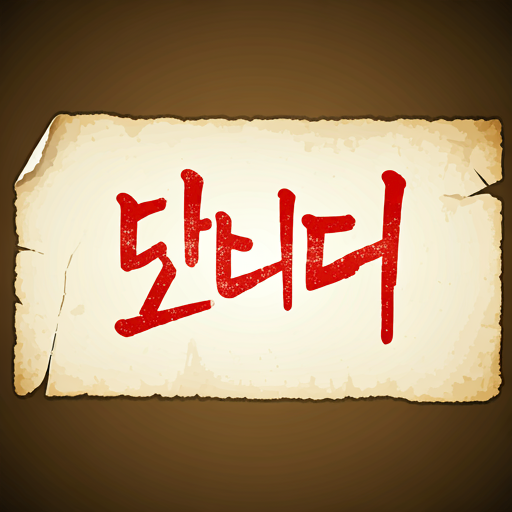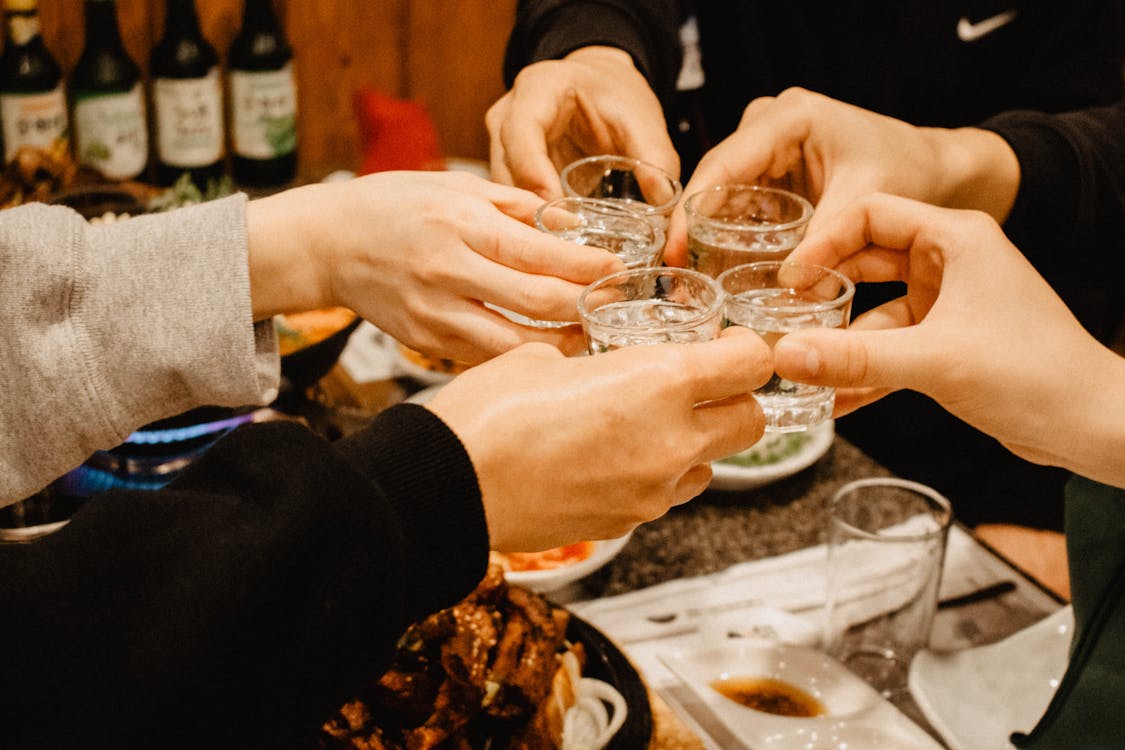1. Ban on Sleeping in Public Spaces
In South Korea, sleeping in public places—especially on public transportation or in parks—is more than just socially frowned upon; it can lead to fines or even police intervention. This policy stems from a deep-rooted cultural emphasis on propriety and personal responsibility. In a country where rapid economic development has led to a high-paced, competitive lifestyle, public exhaustion is seen not as a need for rest but as a sign of failure to manage one's responsibilities effectively. Public sleeping is often equated with a loss of self-discipline or a disregard for social decorum. The government’s strict regulations around public spaces are designed to maintain a clean, orderly, and respectful environment. However, this law is not universally enforced—exceptions are made during festivals or long commutes, where public sympathy leans toward rest for overworked citizens. There have also been calls from human rights groups to reconsider the criminalization of public sleeping, particularly for the homeless population, framing it as a social issue rather than a public nuisance.
2. No Bringing Dogs to Cafés or Restaurants
Pet ownership has surged in South Korea in recent years, especially in urban areas where smaller living spaces have made dogs and cats popular companions. However, the country's strict public hygiene laws prohibit dogs in most cafés and restaurants, a regulation that underscores South Korea’s collective concern for public health. In a densely populated country where personal space is limited, pet-related cleanliness issues are taken seriously, with concerns over allergies, hygiene, and food safety driving the policy. Interestingly, this has led to the rise of dedicated "pet cafés" that offer spaces not only for pets but for services like grooming and pet-oriented shopping—reflecting a growing balance between South Korea’s pet-loving culture and its stringent health regulations. This dichotomy mirrors the cultural tension between traditional public order and the country’s shifting attitudes toward modern lifestyle choices, where the urban pet-friendly movement is still negotiating its place in the social fabric.
 |
| MC1(AW/SW/NAC) KEITH W. DEVINNEY, Public domain, via Wikimedia Commons |
3. Mandatory Military Service
South Korea's mandatory military service for men between the ages of 18 and 28 is a significant aspect of the nation’s identity, as well as its security strategy. This service requirement is deeply rooted in the historical division of the Korean Peninsula and ongoing tensions with North Korea, making it not just a legal obligation but a cultural one, too. Seen as a rite of passage, military service is integral to the lives of South Korean men, shaping career paths and personal development. The experience, while often portrayed as unifying and patriotic, can be a source of personal and societal stress. Celebrities and public figures who attempt to avoid or defer service often face harsh public backlash, signaling the social importance placed on this duty. However, there are growing debates surrounding the future of conscription, with calls to reform or abolish it in favor of a volunteer army, as younger generations increasingly view it as an outdated practice that interrupts education and career advancement. This evolution is creating a cultural divide between older generations, who view service as essential, and younger people, who see it as an unnecessary burden.
 |
| Judgefloro, CC0, via Wikimedia Commons |
4. The ‘Pepero Day’ Celebration
Pepero Day, celebrated on November 11th, is an example of how consumer culture has woven itself into South Korean society. What started as a small-scale exchange of chocolate-covered Pepero sticks, said to symbolize slender figures, has grown into a massive commercial event thanks to clever marketing. While many see it as a light-hearted celebration of friendship and love, Pepero Day also exemplifies the nation’s strong consumer culture, where corporations have an influential role in shaping social customs. The economic impact of the holiday is significant, as it drives sales and promotes the notion that consumption is tied to personal relationships. Some social critics argue that Pepero Day reflects the increasing commercialization of South Korean society, with more emphasis placed on consumption than on genuine cultural traditions. Nevertheless, it remains a highly anticipated event, with even schools and workplaces taking part in the fun. In recent years, similar holidays centered around other popular snacks have emerged, further solidifying the idea that consumer-driven celebrations are a key part of South Korean culture.
5. Strict Dress Codes in SchoolsThe strict dress codes in South Korean schools, which require students to wear uniforms and adhere to specific grooming standards, have long been a symbol of the country’s emphasis on order, discipline, and social equality. Uniforms are designed not just to minimize distractions but to instill a sense of collective identity and unity among students. These dress codes, however, have become a hot topic of debate in modern South Korea, with growing calls from students and educators for more relaxed regulations. Critics argue that strict dress codes suppress individual expression and perpetuate an outdated model of conformity that no longer fits with the increasingly globalized and diverse youth culture in South Korea. Despite these criticisms, traditionalists maintain that the rules are necessary to foster a disciplined and focused learning environment, preparing students for the structured nature of South Korean professional life. Some schools have begun experimenting with more flexible uniform policies, allowing for personal touches while maintaining the overall structure, reflecting the country's gradual shift towards balancing tradition with modern values.
 |
Korea.net / Korean Culture and Information Service (Photographer name), CC BY-SA 2.0, via Wikimedia Commons |
6. The ‘Chuseok’ Harvest Festival
Chuseok, also known as the Korean Harvest Festival, is one of South Korea's most important holidays, celebrating both the autumn harvest and familial unity. The festival, celebrated on the 15th day of the 8th lunar month, centers around honoring ancestors through rituals such as ‘Charye,’ where families offer freshly harvested crops and traditional foods like songpyeon (half-moon-shaped rice cakes) to their forebears. Chuseok's origins are rooted in Korea's agrarian past, symbolizing gratitude for the bountiful harvest, which ensured survival during harsh winters. Beyond the family feasts and ancestor veneration, traditional folk games like ganggangsullae, a circle dance performed by women, bring communities together in joyous celebration. This festival offers a unique glimpse into the intergenerational bond that still defines much of Korean life. In an increasingly urbanized world, Chuseok also serves as a moment of reflection on Korea's rural heritage, as millions of South Koreans return to their ancestral homes, reinforcing a deep connection to their land, history, and family lineage.
7. No Red Ink
In South Korea, the use of red ink to write someone’s name is steeped in a dark superstition linked to death. Traditionally, the names of the deceased were written in red on funeral tablets or grave markers as a way to ward off malevolent spirits, serving a dual purpose of distinguishing the dead from the living. Writing the name of a living person in red is considered tantamount to wishing misfortune, or even death, upon them. This taboo is so deeply ingrained that it influences even mundane tasks, such as filling out documents or signing birthday cards. Interestingly, this superstition echoes across East Asian cultures, though South Korea has retained it more strongly than others. While modernity has eroded many old customs, the belief surrounding red ink persists as a reminder of the cultural weight placed on symbols and their ability to affect fate. This seemingly small detail reflects a broader cultural preoccupation with luck, death, and respect, underscoring how deeply ingrained these beliefs remain in contemporary South Korean life.
8. Age-Based Respect
Age in Korean society is not just a number—it defines the very framework of social interaction. The cultural emphasis on respect for elders goes far beyond mere politeness, forming the foundation of South Korea's hierarchical society. This system, rooted in Confucian philosophy, dictates not only language but behavior in everyday life. Younger people are expected to defer to their seniors by using honorific forms of speech, bowing during greetings, and even waiting for elders to begin eating or drinking before they do. Such traditions foster a culture of respect but can also impose rigid boundaries between generations. Some younger South Koreans have begun to question these strict age-based protocols, particularly in work environments where meritocracy and globalized ideals of equality are gaining traction. However, despite this slow shift, age remains a significant factor in shaping relationships, both personal and professional. The role of age in Korean society reflects a broader cultural value placed on social order, respect, and maintaining harmony through clear, structured relationships.
9. The ‘Love Motel’ Industry
The ‘love motels’ of South Korea represent a unique intersection of privacy, romance, and practicality in a culture where public displays of affection are often discouraged. These motels cater to couples seeking discretion, offering short-term stays with privacy at a premium. What sets them apart is the range of amenities designed to provide comfort and intimacy—from themed rooms to in-room jacuzzis, karaoke systems, and even mood lighting. While they may have initially catered to couples without privacy at home, such as young people still living with their parents or those in secret relationships, love motels have evolved to serve a broader clientele, including tourists looking for affordable, no-frills accommodation. On a deeper level, the existence of these motels reveals South Korea's complex attitude toward love, intimacy, and social norms. While traditional values around family and decorum remain strong, the love motel industry thrives by offering a space where couples can escape societal scrutiny, reflecting a culture that, while outwardly conservative, makes room for private expressions of affection.
10. Drinking Etiquette
Drinking in South Korea is more than just a social activity—it is a ritual steeped in respect, hierarchy, and camaraderie. The customs that accompany drinking reflect the broader values of Korean society, where maintaining harmony and showing respect, especially to elders, is paramount. When drinking with others, it is considered rude to pour your own drink; instead, individuals take turns pouring for each other as a sign of care and mutual respect. When receiving a drink from someone older, it’s customary to accept it with both hands, bow slightly, and turn away while taking a sip. These gestures signify humility and deference. This drinking culture is not limited to private gatherings but extends into corporate life, where hoesik (company dinners) are a regular occurrence. During these events, hierarchical structures are upheld even as alcohol loosens inhibitions. Paradoxically, while drinking can foster a sense of equality—since superiors and subordinates drink together—it also reinforces traditional hierarchies through these intricate rituals. The complex etiquette surrounding drinking reflects South Korea’s intricate social fabric, where maintaining respect and harmony is always the goal, even in moments of relaxation.






Comments
Post a Comment